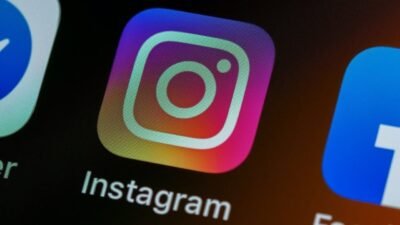Android Vs iOS: Which Is Better For Data Protection

Which of the two mobile operating systems protects its users’ data better? A test in which the amount of data sent and its destination server was analyzed revealed a very clear picture. And there is also a plausible explanation for this.
The question of security
For many users, it is almost like a question of faith. Android or iOS. Which operating system for mobile devices is prettier, more intuitive, and faster? For many users, however, the question of security is also crucial. But which environment actually protects its users’ data better? Ernestas Naprys, journalist at Cybernews, has now investigated this question.
Try with 100 apps
To do this, he set up a fresh iPhone and an Android device and installed the top 100 apps from the German versions of the Apple App Store and the Google Play Store. He opened the applications all at once and, if possible, connected them to an Apple or Google account. He then left both devices unused for five days.
During this time, Naprys recorded the absolute number of outgoing connections to external servers. He also looked at which countries the servers were located in and who owned them.
iOS with more server requests
Over the five days, the iPhone recorded an impressive number of 16,542 DNS requests. That’s an average of around 3308 requests per day. The Android phone was significantly lower with ‘only’ 2323 requests per day, i.e. 11,615 requests in the entire period.
Android sends more often to China and Russia
With the iPhone, over 60 percent of requests went directly to Apple servers. Twelve percent went to Google and four percent to Microsoft. Only around 22 percent was distributed among other operators. On the Android phone, however, only around 24 percent of the requests went to Google itself.
While iOS contacted a Russian server on average once a day, the Android device did this 13 times as often. An even clearer picture emerged when it came to connections to China. The iPhone did not contact a Chinese server once, despite having numerous Chinese apps installed such as TikTok and Wish. The Android phone, on the other hand, is connected to China an average of five times per day.
Closed versus open system
Naprys suspects that there are several reasons for the differences in the behavior of iOS and Android. On the one hand, “not a single app in the Apple App Store can be described as blatant adware,” writes the journalist. “All the apps in the App Store had big platforms behind them and were more useful than the ad-supported flashlights, joke apps, or dubious PDF viewers on Google Play.”
On the other hand, “this could also be due to Apple’s stricter guidelines for developers in its closed ecosystem regarding data protection in general.” Apple is known to have many policies to restrict developer access to user data. This is also why the company has always emphasized that the current opening of its ecosystem in the EU is associated with major security risks for its users.
Overall, iOS seems to protect its users’ data better than Android. At least when it comes to the potential transfer of information to servers located in countries that can be described as problematic from a data protection perspective.
Digital marketing enthusiast and industry professional in Digital technologies, Technology News, Mobile phones, software, gadgets with vast experience in the tech industry, I have a keen interest in technology, News breaking.












